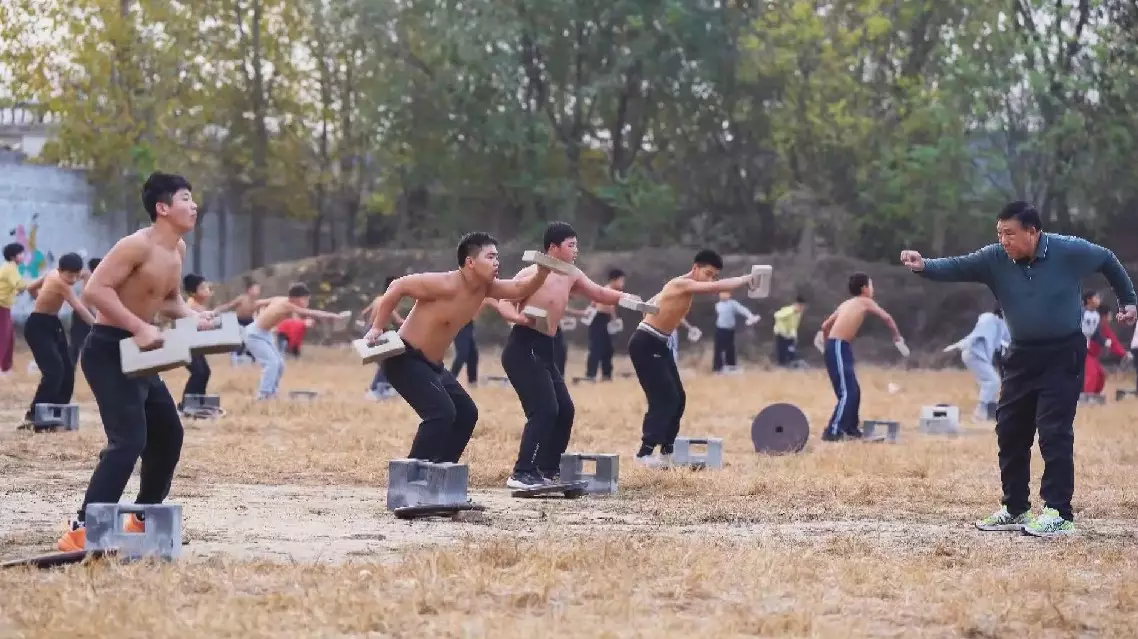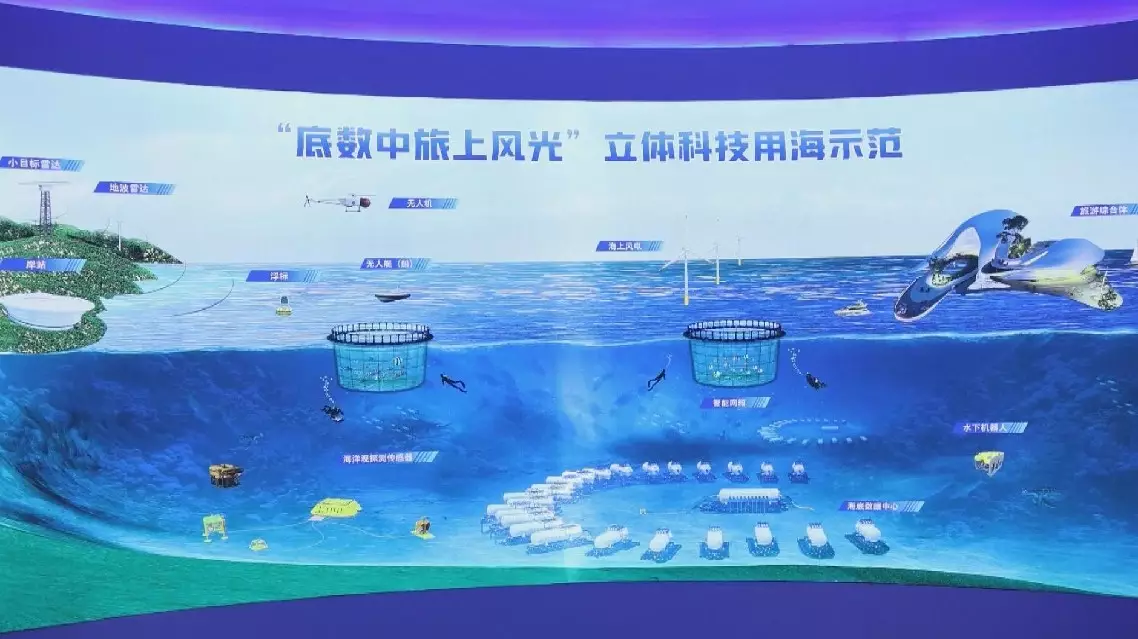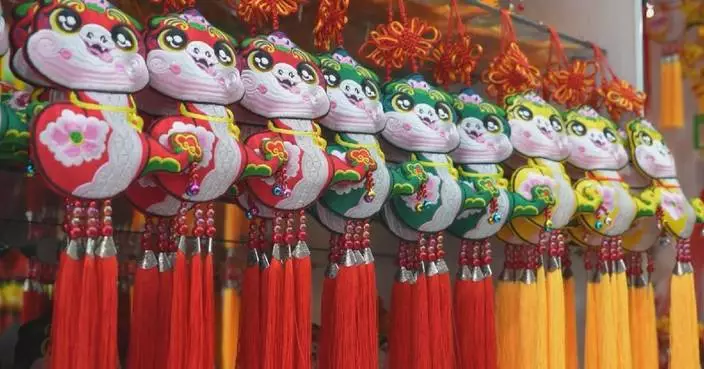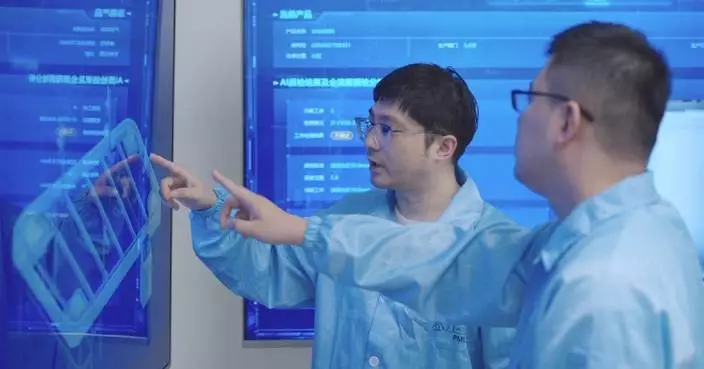A Chinese wrestling coach in Baoding City, north China, has provided free training to thousands of youths for over 11 years, yielding over 200 medals in various competitions.
Bai Hejiang, 68, was born into a wrestling family and developed a passion for Chinese wrestling at an early age.
Over the past decade, he has led his trainees to participate in numerous competitions, achieving impressive results.
In December 2024, 36 of his students won 11 gold, six silver, and 13 bronze medals at the youth wrestling competitions held in Baoding.
"Today, the whole team won seven gold medals, and the coach is quite happy," said Bo Ya, a trainee.
Bai made the important decision to open a wrestling training center in 2013 out of concern that there would be fewer opportunities for people to experience Chinese wrestling after its removal from the Chinese National Games in 1993.
"Some of the exquisite moves and techniques of Chinese wrestling might fade away if they were no longer practiced, and Chinese wrestling could be lost in the future. I became very anxious, feeling it was essential to train a new generation of wrestlers and revive Baoding fast wrestling," said Bai.
Baoding fast wrestling is one of the Chinese wrestling styles. With a history of over 600 years, it is known for its rapid movements and techniques.
"Baoding fast wrestling requires great strength. Practitioners must be bold in their movements. It also emphasizes speed, where explosive power is a key feature," said Bai.
Bai's training center, located in a village in Baoding, was converted from an abandoned factory building. He offers training to children every afternoon after school and on weekends, successfully cultivating eight national first-grade athletes and three national master athletes.
At first, it was difficult for Bai to find trainees due to the hardships of training, with few families willing to send their children to learn wrestling.
However, Bai didn't gave up. His dedication eventually paid off as more young wrestling enthusiasts began attending his classes.
"I came here because I wanted to learn martial arts. Many people have a dream of practicing martial arts when they are young," said Liu Chenying, a trainee of Bai.
Practicing wrestling has not only improved many children's physical strength but also developed their willpower.
Guo Yuhang, one of Bai's trainees, has been practicing wrestling for eight years. His mother said he is completely different from the way he looked eight years ago.
"This is an old photo, in which he looked quite different from how he is now. It's hard to believe they are the same person. He used to be chubby, like a small round bread, but now he looks like a strong young man," said Wang Dongyan, Guo's mother.
"Seeing them perform a wrestling move so beautifully and gracefully is the most enjoyable and fulfilling moment for me. That is my happiest moment," said Bai.

Chinese coach's free training program produces champion wrestlers in Baoding
China is accelerating the commercialization of marine scientific and technological achievements and fostering new quality productive forces by boosting support for small and medium-sized enterprises (SMEs) in the marine sector, with a focus on investment and financing to drive industry growth.
The development of marine industries is marked by substantial investments, high risks, and slow returns. However, with strong national support, some companies, such as Zhejiang Startest Marine Science and Technology Co., Ltd. in east China, have achieved notable success.
The company is a national high-tech enterprise specializing in the independent research and development of underwater sonar detection equipment and underwater information data systems.
It now holds more than 210 intellectual property rights for its designs.
"We are now fully capable of replacing similar foreign imported products with our own ones, thereby overcoming the bottleneck in production caused by foreign product embargoes," said Su Xiaoyang, president of Zhejiang Startest Marine Science and Technology Co., Ltd.
While some marine SMEs, such as Shenzhen HiCloud Data Center Technology Co., Ltd., China's first underwater data center equipment and service provider, have mastered core technologies, a gap remains compared to international standards. As a result, continuous investment is necessary for them to overcome critical technological challenges.
"The Underwater Data Center Pilot Project is a new infrastructure initiative requiring a significant initial investment and scale effects. However, both users and investors in the market still lack a comprehensive understanding of the project's strategic significance, including the technical risks associated with emerging technologies," said Pu Ding, general manager of the Underwater Data Center Pilot Project in Hainan under Shenzhen HiCloud Data Center Technology Co., Ltd.
To address the challenges faced by marine SMEs in securing investment and financing, the Ministry of Natural Resources (MNR), along with the Shenzhen Stock Exchange, has organized a series of roadshows since 2016. Over 200 marine SMEs and innovation teams have participated, securing more than 3 billion yuan (around 409.8 million U.S. dollars) in financing.
In addition to these efforts, the MNR, in collaboration with the Shanghai Stock Exchange, launched China Ocean Economy Stock Price Index in 2024, covering 20 marine and related industries.
"This is the first domestic comprehensive index in the marine sector, covering all the markets of Shanghai, Shenzhen, Beijing, and Hong Kong. It provides timely insights into the operational performance of listed companies in the marine industry and plays an important role in promoting the efficient allocation of financial capital to the marine real economy," said Feng Lei, deputy director of the Ocean Strategic Planning and Economic Department under the Ministry of Natural Resources.

Small marine firms accelerate commercialization of sci-tech achievements under greater policy support










